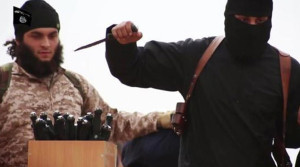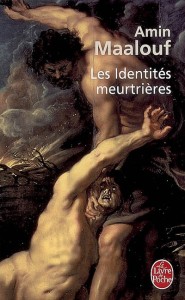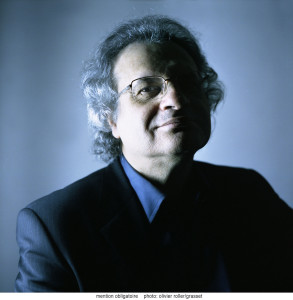“90 percent of French citizens who have radical Islamist beliefs have French grandparents and 80 percent come from non-religious families. In fact, most Europeans who are drawn into jihad are “born again” into radical religion by their social peers. In France, and in Europe more generally, more than three of every four recruits join the Islamic State together with friends, while only one in five do so with family members and very few through direct recruitment by strangers.Many of these young people identify with neither the country their parents come from nor the country in which they live. Other identities are weak and non-motivating. One woman in the Paris suburb of Clichy-sous-Bois described her conversion as being like that of a transgender person who opts out of the gender assigned at birth: “I was like a Muslim trapped in a Christian body,” she said. She believed she was only able to live fully as a Muslim with dignity in the Islamic State.”- France’s Center for the Prevention of Sectarian Drift Related to Islam (CPDSI)
The quote above reminds me of a book written by Amin Maalouf, a Lebanese French author, who published his work in French with the title, “Les Identités Meurtrières” (The Murderous Identities) in 1998, explained this phenomenon before the attacks of September 11, 2001. Maalouf says:
“Whoever claims a more complex identity becomes marginalized. A young man born in France of Algerian parents is obviously part of two cultures and should be able to assume both. I said both to be clear, but the components of his personality are numerous. The language, the beliefs, the lifestyle, the relation with the family, the artistic and culinary taste, the influences — French, European, Occidental — blend in him with other influences — Arabic, Berber, African, Muslim. This could be an enriching and fertile experience if the young man feels free to live it fully, if he is encouraged to take upon himself his diversity; on the other side, his route can be traumatic if each time he claims he is French, some look at him as a traitor or a renegade, and also if each time he emphasizes his links with Algeria, its history, its culture, he feels a lack of understanding, mistrust or hostility.”
This is why I believe that we need to reach out to them with love, and help Muslims feel that they are welcome and part of the West, as long as they are ready to integrate into the American, European, or Australian societies. But insist on our right to expose the Medieval Islamic values that violate human rights. In addition, we need to educate the Church on the perils of apathy towards the Islamic challenge.- Hesham Shehab



